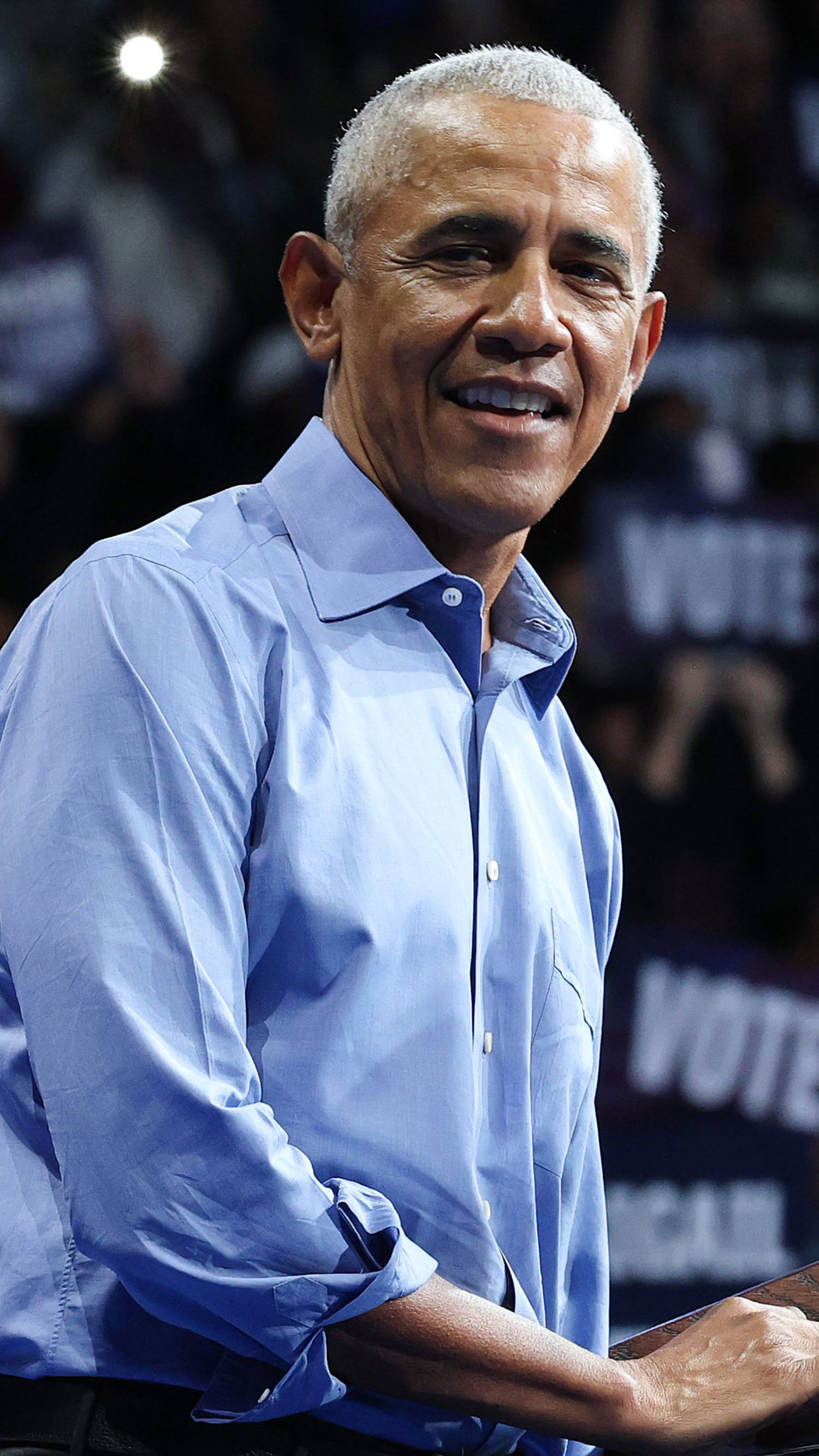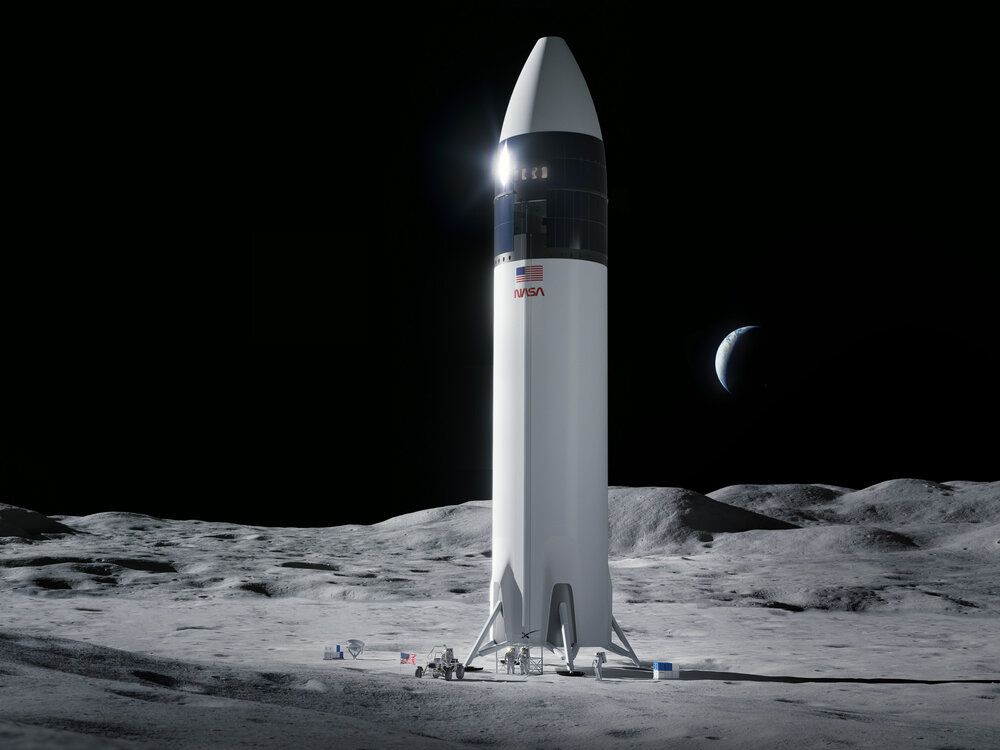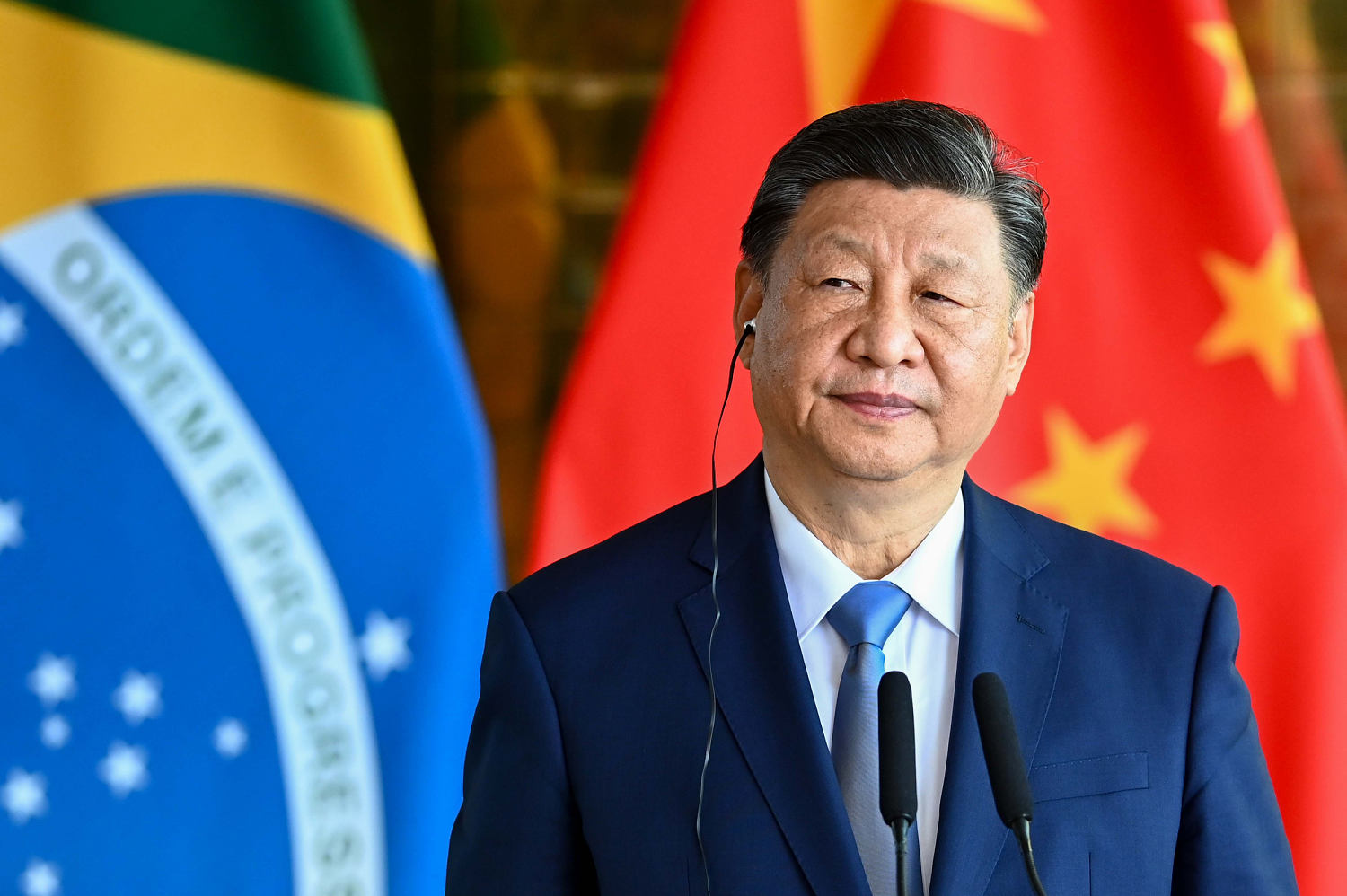Bill Gates ignited a firestorm this week with the publication of a new climate strategy memo. In the memo’s first page, the Microsoft founder dismissed, in his words, the “doomsday view” that climate change would “decimate civilization” and called for a recalibration of priorities—including more funding for global health and a narrower focus on key technologies that can make a difference on climate. Paired with a move to cut funding for efforts to craft climate policy earlier this year, the memo was perceived as an indication of a dramatic pivot.
In the days that followed the memo’s release, scientists cried foul and President Donald Trump cheered. It has come up in virtually every climate conversation I’ve had since then. Gates is unlikely to be upset. When I saw him last week ahead of the release, he almost seemed to relish the idea of creating an outcry. “If you think climate's not important, you won't agree with the memo,” he told journalists at a small gathering in New York City. “If you think climate's the only cause [to address] and apocalyptic, you won't agree with the memo.”
But much of the attention and outcry misses the point. In the memo, Gates tries to take a "pragmatic" view, as he said at the gathering. He cites the difficult fiscal environment as governments cut foreign aid to explain the need to shift some money to urgent global health challenges. Acknowledging temperature rise projections, he calls for an increased focus on adapting to the effects of climate change. And he calls for judicious spending on the right technologies (think: advanced nuclear power or cleaner manufacturing) that can become economic and bring down emissions. Whatever you think of Gates’s tone, it’s hard to argue against any of those three points.
The truth of the moment is that climate efforts are under stress. There are plenty of things to take issue with in the Gates memo, and I’ll dig into that, but it’s at precisely this moment that folks working to address climate change need to widen the aperture of how we understand and talk about the issue. The more we consider various approaches to tackling climate change, the better off we will be.
Gates opened the meeting with journalists last week crunching numbers. Gavi, a global vaccine effort, can save a life for about $1,000, he said. This year’s replenishment drive fell short of its target, as countries cut their foreign aid budgets. “This is the first year that more kids will die than died the year before,” he said with a noted change in tone. And, to his mind, it’s best to prioritize investing in saving lives today over future-oriented climate efforts. As he put it: “If you said to me, ‘Hey, what about 0.1 degrees versus malaria eradication?’ I'll let the temperature go up 0.1 degrees to get rid of malaria. People don't understand the suffering that exists today.”
Those efforts need not be mutually exclusive. But Gates, who has devoted much of his energy post-Microsoft to public health, argues that the causes do compete for dollars in national budgets, even if it shouldn’t be that way. “The cause of actually trying to convince rich countries they should be more generous is a pretty lonely cause,” he says. “It's a huge thing that I spend time on, but as of this period in time we're fighting a bit of a losing battle.”
For as long as I can remember, climate advocates have insisted that addressing climate change needs to be framed around helping people. Indeed, the human implications of climate change have been a key focus of my work. Yet, in many places around the world facing some of the worst extreme weather events, climate change doesn’t even register as an issue because of more immediate concerns affecting their wellbeing. Addressing diseases that are killing people here and now—as Gates is suggesting–creates fertile ground to engage on climate.
Pushing adaptation to the center of the climate conversation, another point Gates calls for, is also a worthwhile effort. For decades, climate advocates have avoided focusing too much on adaptation in fear that it would distract from necessary emissions reductions by creating the illusion of an easier path than changing corporate or consumer behavior. It’s an understandable concern, but in 2025 with unprecedented extreme weather events, climate change has arrived, and the reality is that many communities and countries will need to focus on adaptation. This isn’t a distant worry. Infrastructure built today will last for decades; adaptation is essential.
Gates goes further. Countries should be encouraged to grow their economies even if that means a reliance on gas. Economic growth is adaptation, he argues.
And then there’s the treatment of innovation and investment in climate technology. Innovation can get a bad rap when it’s used as an excuse to avoid taking action today. But, as the memo points out, innovation has accelerated the deployment of clean energy, to the point where economics are driving decarbonization today as much as policy pressure. Gates outlines a handful of key areas where investment can help bring down costs—from sustainable aviation fuel to steel production—and suggests focusing investment in those areas.
All that said, beyond the opening framing, there are points to take issue with in the Gates note. He does not address the possibilities of tipping points, including the destruction of coral reefs, which scientists say occurred this year. The effects of climate change are not linear, and at a certain, currently unknown threshold we risk doing damage that is both irreversible and impossible to comprehend.
Moreover, he dismisses the cost of climate change in rich countries, noting some of the academic research that shows how parts of the U.S. economy could grow in warmer climates. Wealthy countries, he says, can simply absorb many of the adaptation costs. “If you're a rich country, the cost of adaptation is just one of many, many things that are not a gigantic, huge percentage of GDP,” he said.
These statements have a flavor of truth to them, but Gates doesn’t really consider the second-order effects of climate change. New costs can create social and political ripple effects if consumers are left to pay them. Just look at how inflation has reshaped politics in the U.S. And, for better or worse, no country, city, or state is an island. Climate disaster creates migration, social fragility, and, simply put, a sense of loss. It also contributes to the spread of some infectious diseases. Indeed, the economic literature has struggled to capture these factors.
If the Gates memo was intended to offer a comprehensive path forward on climate, it would have been well served to address these sociopolitical challenges and tail-end risks. Gates is well-versed and thoughtful, but his solutions focus on the technical while at times viewing the political context through a narrow lens. For as long as I’ve written about climate change, acquaintances have asked me how worried they should be about climate change. My typical response: it’s not likely to end civilization, but when was that ever the bar to be concerned about an issue? Indeed, rather than ending civilization, climate change will play a role reshaping it—and because of that we should all be concerned.
.png)
 11 hours ago
10
11 hours ago
10






























 Bengali (BD) ·
Bengali (BD) ·  English (US) ·
English (US) ·